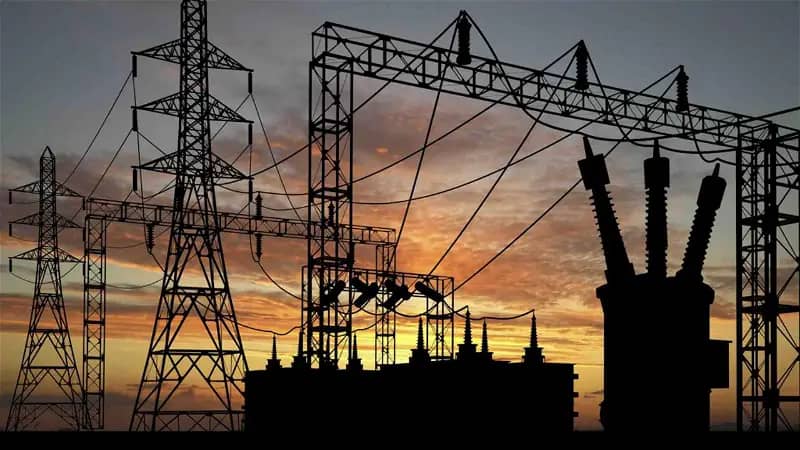Nationwide Power Rationing Continues: Operators Attribute Outages to Low Generation

By: Emmanuel Ibitoye
Electricity Distribution Companies (DisCos) and the Transmission Company of Nigeria (TCN) have pointed to inadequate power generation as the cause of persistent power rationing affecting homes and businesses across the country. According to the operators, the primary issue leading to low power generation is the insufficient supply of gas to power plants.
Contrary to the operators’ explanation, data from the National System Operator (NSO), a unit within TCN, indicated that the grid supply has averaged over 4,000 megawatts in the past seven days. The grid supply for the mentioned period ranged from 3,991.7MW to 4,191MW. Despite this, the nation continues to experience prolonged hours without electricity.
However, 21 out of the 25 power plants in the country were reportedly active on the grid as of the latest data, with Azura IPP, Delta Power, and Kainji Hydro generating over 400MW each. Despite these operational power plants, the distribution challenges persist.
In response to the ongoing power rationing, Ibadan Electricity Distribution Company (IBEDC) attributed the situation to factors such as low gas supply to generating companies, vandalism of electricity assets, and scheduled maintenance activities by TCN. IBEDC covers Oyo, Ogun, Osun, Kwara, and parts of Kogi, Niger, and Ekiti states.
The energy company emphasized that gas supply shortages have significantly reduced power available on the transmission grid, affecting its ability to provide consistent power to customers. Scheduled maintenance activities and the persistent issue of vandalism and theft of electricity infrastructure were also cited as contributing factors.
TCN, absolving itself of blame, stated that the current power supply situation in Abuja is not due to inadequate transmission capacity resulting from an earlier tower vandalism incident. According to TCN, the Gwagwalada tower vandalism impacted the redundancy and flexibility of bulk power supply but did not affect its capability to deliver allocated power to Abuja.
The ongoing power challenges raise concerns about the reliability and stability of the electricity supply chain in Nigeria, affecting businesses and households nationwide. While efforts are being made to address the various issues, the immediate impact on consumers remains a significant challenge.






